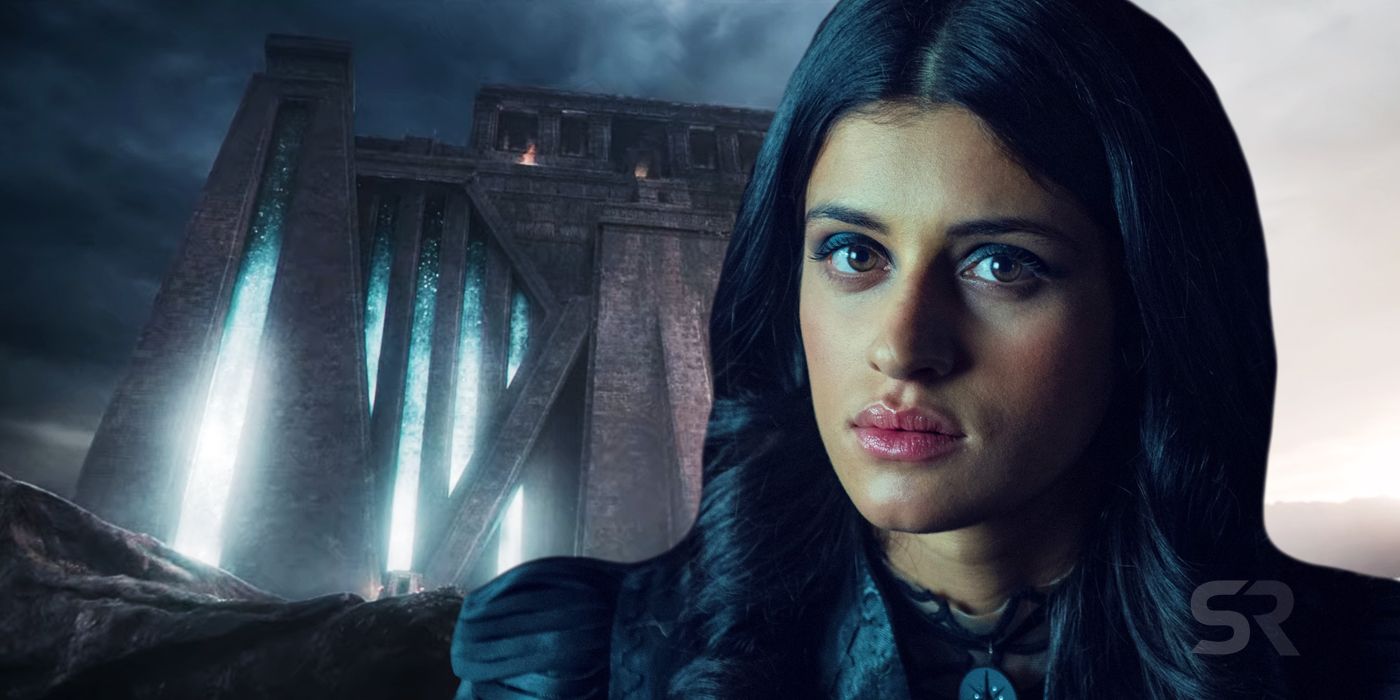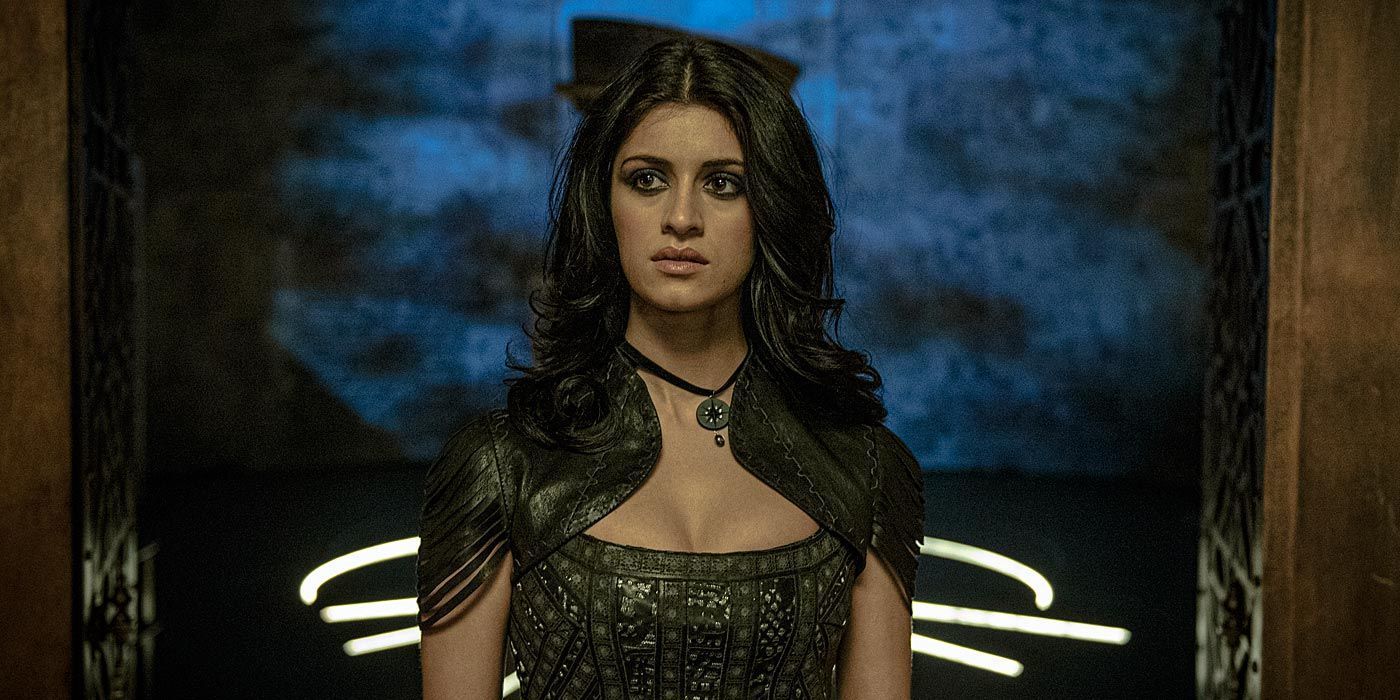
Netflix’s The Witcher cut two Yennefer scenes that would have expanded on her relationship with other sorceresses from Aretuza. Based on the book series of the same name by Andrzej Sapkowski, The Witcher was released on Netflix in December 2019 and might be the platform’s biggest first TV season ever – so it’s not surprising that it was renewed for a second season before the first one was out.
The Witcher introduced viewers to Geralt of Rivia (Henry Cavill), a magically enhanced monster hunter known as a “witcher”; Yennefer of Vengerberg (Anya Chalotra), a powerful sorceress; and Princes Ciri (Freya Allan), who has some magical powers of her own. Their stories were told separately and in a non-linear style, which appealed to many viewers but was also a bit confusing to some. The paths of these characters eventually converged, but by the time this happened, season 1 was nearing its end. Just like in film, there are many constraints when it comes to time and how much of a story can be explored in one season of a TV show, so season 2 of The Witcher has a couple of things to solve.
This also means that not all scenes made it to the final cut of season 1, among those two Yennefer scenes that would have not only added to her journey but also to those of another two sorceresses: Fringilla (Mimi Ndiweni) and Triss (Anna Shaffer).

In an interview with Pure Fandom, The Witcher’s showrunner Lauren Schmidt Hissrich shared two scenes that had to be cut from season 1, and they both involve Yennefer. The first one is from episode 3, “Betrayer Moon”, where Yennefer misses her graduation from Aretuza and undergoes the painful transformation to be beautiful at the cost of her fertility. The deleted scene would have had Yennefer, Fringilla, and Sabrina (Therica Wilson-Read) discussing how they felt about their transformations. Hissrich explained that it was an example of female friendship and would have also “served to ground Fringilla a bit more before she joined Nilfgaard”. That particular scene would have been very important in the development of Fringilla, as she was only seen in Aretuza during training, at the graduation ceremony (where Yennefer took her place in Aedirn and she was then assigned to Nilfgaard), and then several years later leading the Nilfgaardian invasion.
The second scene had Yennefer meeting a young Triss, who had just arrived at Aretuza. Hissrich explained this one would have served to “show how far Yennefer had come in her years at Aretuza, and created a sense of mentorship between these two sorceresses”. Triss’ time at Aretuza wasn’t shown at all, and the series instead jumped to her seeking out the help of Geralt to save a creature that was terrorizing the kingdom of Temeria. Triss joined Yennefer and the rest in the Battle of Sodden Hill, but died while barricading the front yard to prevent the Nilfgaardian army from entering. These scenes would have most likely benefited Fringilla and Triss more than Yennefer, but they would have shown the latter’s connection with them and given more clarity to their relationships near the end of The Witcher’s first season.
from ScreenRant - Feed https://ift.tt/31CBY3K

0 Comments